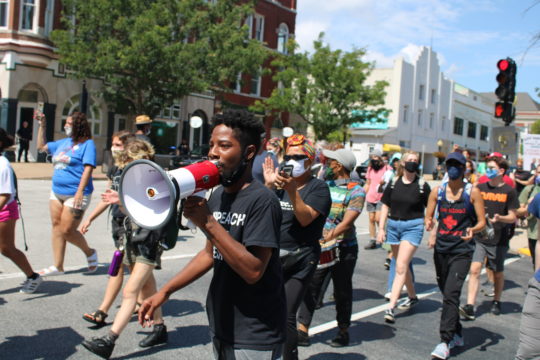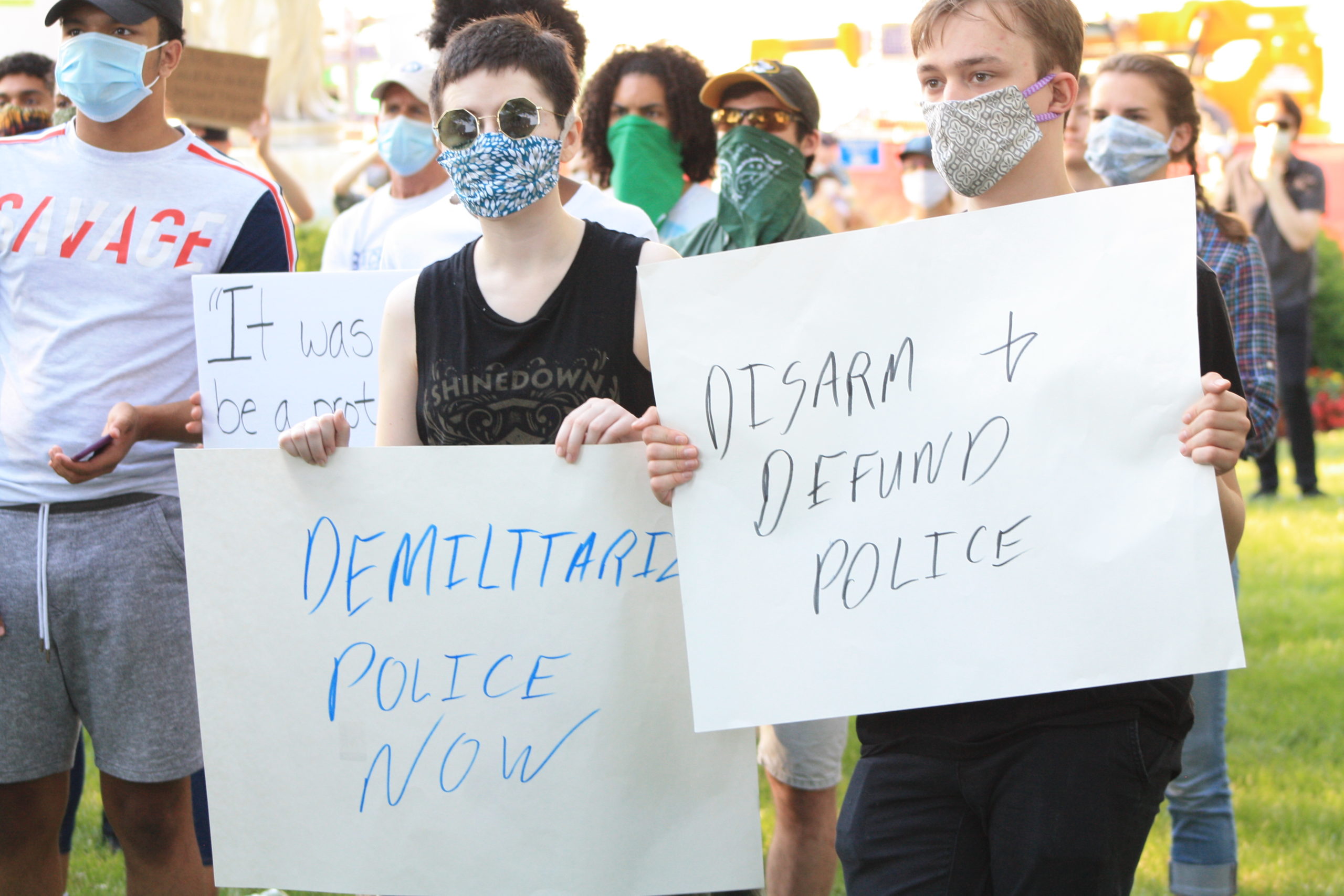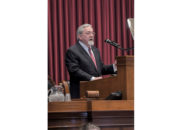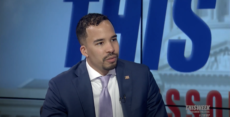Last month, Democratic candidate for Missouri attorney general Rich Finneran was left vociferously defending his support for law enforcement and gun rights following a comment from the Missouri GOP.
“Let me be absolutely clear: I do not support defunding the police, and I certainly do not support disarming the police. Never have and never will,” Finneran said in a statement to The Missouri Times.
Calls to “defund the police” have escalated this year as massive demonstrations broke out across the country following the death of George Floyd, a Black Minnesota man, at the hands of police officers in May. While many supportive of the movement have called for a reallocation of resources to address community-level needs, there’s a sundry of definitions of what exactly defunding the police would entail.
And Republicans, particularly President Donald Trump, continue to harp on a “law and order” message, painting those calling to defund the police as wanting to abolish law enforcement altogether, leaving behind lawlessness and chaos.
But just what does the phrase “defund the police” mean in Missouri, a state governed by a former sheriff? And where do Missouri Democrats stand?
“Defunding the police has been used in a political way and as a scare tactic. With all the unrest right now, it’s been used to say there will be angry mobs at your doorstep with no one to protect you. But that’s not what we mean,” state Rep. Rasheen Aldridge said. “Defunding — or reallocating — is about how we move dollars and reimagine what public safety could be. It means putting money back into mental health services or education or violence prevention programs.”

Aldridge, 26, is one of the youngest members in the Missouri Legislature and an outspoken activist in St. Louis. He’s led protests across the state, including in Jefferson City, calling for police reform, greater access to education, and an increased minimum wage.
And part of his call involves the colloquialism “defund the police.” As he explains it, that call would “reinvest” a portion of the money spent on public safety into mental health services, after school programs, and other places that could make a dent on crime.
“There is space for public safety and law enforcement. We need them. But we need to get creative instead of recycling the same ideas for the same results,” Aldridge said.
But other Democrats aren’t so candid when it comes to advocating for police reform.
Like Finneran, Auditor Nicole Galloway, who is challenging Parson in the upcoming gubernatorial election, has been criticized by Missouri Republicans for her ties to the so-called defund the police movement. But the state auditor has also distanced herself from it, saying she works “hand-in-hand with law enforcement to lock up corrupt politicians” in a recent campaign ad.
“So Mike Parson’s claims I want to defund the police are simply false,” Galloway said in the television spot. “As governor and as a mom, nothing is more important than keeping our communities safe.”
Finneran went on the defensive in September after the Missouri Republican Party accused him of having “sided with a group that wants to defund and disarm law enforcement.” The statement pointed to a lengthy interview Finneran did with Elad Gross, his opponent in the Democratic primary for attorney general, in August.
During the podcast, Finneran expressed support for Moms Demand Action, a group that advocates for stronger gun control measures to combat gun violence. He said he agrees “with almost all the positions” the group has taken when it comes to gun violence.
“I believe in the Second Amendment. I teach constitutional law. It is part of our Constitution that people have the right to own a firearm for self-protection, for hunting, and I’m not looking to try and take away those rights,” Finneran said. “But I don’t think that means that we have to have guns in places that guns don’t belong. We don’t need to have guns in churches, in our parks, and on our streets — places where they will cause a risk of harm to people when it’s not related to those Second Amendment rights of self-protection or hunting.”
The Missouri General Assembly convened for an extraordinary session called by the governor to address violent crime for several weeks this summer. Lawmakers ultimately passed legislation creating a witness protection fund and ending residency requirements for St. Louis police officers but did not take up any kind of funding for law enforcement.

Kaitlyn Schallhorn was the editor in chief of The Missouri Times from 2020-2022. She joined the newspaper in early 2019 after working as a reporter for Fox News in New York City.
Throughout her career, Kaitlyn has covered political campaigns across the U.S., including the 2016 presidential election, and humanitarian aid efforts in Africa and the Middle East.
She is a native of Missouri who studied journalism at Winthrop University in South Carolina. She is also an alumna of the National Journalism Center in Washington, D.C.
Contact Kaitlyn at kaitlyn@themissouritimes.com.

































